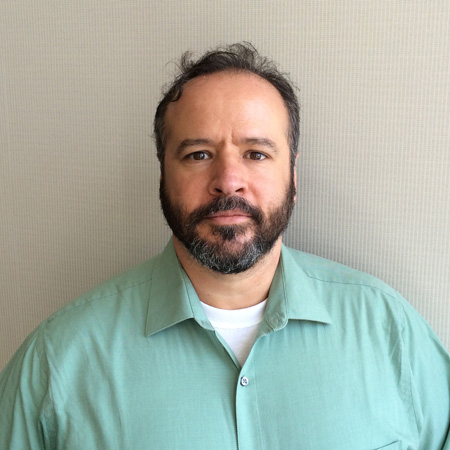As I sat by my mother’s side three years ago, her surgeon told her: “This is what you will die from.” She was diagnosed with the same brain cancer as Brittany Maynard. Aggressive treatment doesn’t stop glioblastoma, but sometimes slows it. For my mom, it did neither. She died within months.
My mother, always brave, chose to fight until the end. But make no mistake: the end was bitter indeed. Her last months were occupied with the brutal side effects of chemotherapy and radiation. During the many days we spent in the hospital, I wondered: would she die from the treatment before the disease?
Brittany Maynard has made a different choice. Rather than waiting for the cancer to slowly consume her body and mind, she has decided the date of her death. Instead of spending her remaining days shuttling to clinics, she will be at home with her family.
Some call Brittany's choice cowardly. They are wrong. My family walked the other road with my mom to her last breath. My mother’s courage was not in her cause of death, but in the way she faced it. After her diagnosis, she considered all her options and picked the one that was right for her—just as Brittany did. Whether you agree with their choices, I ask you to support their right to make them.
With the laws that support DNRs and living wills, we say we must be able to decide for ourselves the manner of our deaths. Modern medicine has given us enormous power, and part of using power wisely is knowing when to stop.
